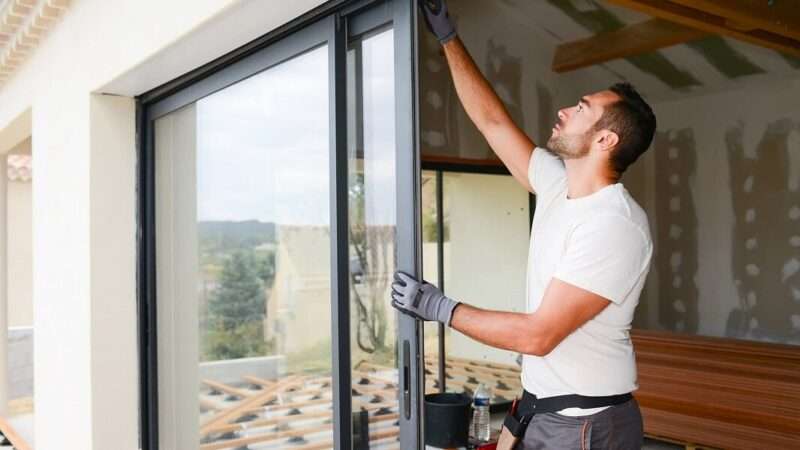What are Double Glazing Windows?
First and foremost. Double glazing is a term that is so common in construction and home remodeling that it may not need to be explained. But before you can truly appreciate its advantages, you must first comprehend what it is.
Simply put, double glazing is a technique that comprises two panes of glass installed in the same frame and separated by a small layer of air (a vacuum) or an inert gas such as argon. The secret ingredient is the layer between the two panels.
Double glazing keeps the heat in while keeping the cold out. It cuts down on draughts and is a significant improvement over single glazing, which consists of a single pane of glass acting as a barrier between the indoor and outdoor worlds. Single-glazed windows, as anyone who has them knows, may operate as chilling units within a home during the winter months.
What does double glazing do?
So, now that you know what double glazing window is and where it came from, the next obvious question is: what exactly does it do? Apart from items like electrically controlled windows and doors, double glazing has some passive advantages.
Reduces heat loss and drafts
The most important benefit of double glazing, and the reason it was invented, is that it reduces heat loss in an interior space. Double glazing keeps as much heat in a home as possible while also limiting the amount of draught that enters through the cracks. (I’ll get back to you on this).
Provides acoustic insulation
When compared to single glazing, double glazing provides good acoustic insulation since the quantity of sound that can enter through the installation is lowered by the additional material and the vacuum between the two panels. When sound waves strike a surface, some bounce off, while others are absorbed and travel through. The more materials (and the space between them) act as a variety of buffers, making a house quieter in general.
Increases security
Even when using laminated or toughened glass (described under ‘types of double glazing’ later), single-glazed panels aren’t as effective as double-glazed panels at keeping intruders out. The simple existence of two panes of glass fitted in the same frame provides a property with an additional degree of security.
Reduces build-up of condensation
Condensation happens on surfaces that are cooler than the surrounding air (this is why automobile windows steam up on a chilly day – the window is cold, but the car is warm). Because a double-glazed panel reduces heat loss, the inside pane glass does not become as cold, preventing condensation from forming. This, in turn, can assist to reduce moisture within a home, preventing issues such as mold and laundry that takes forever to dry.
How can double-glazed windows help to keep the heat in?
Despite the numerous advantages of double glazing, practically all home or property owners prefer to update because of the reduced heat loss it provides. This is mainly because reduced heat loss necessitates less additional heating, resulting in lower heating expenditures. So, how does this function?
Double glazed windows cut down on heat loss by limiting the amount of heat that can escape by conduction and convection.
Heat is transported through a material through conduction: heat strikes the glass, which is then transferred through the panel to the outside world; in the case of single glazing, heat strikes the panel, which is then passed rather well to the outside, effectively sucking the warmth out.
Your home’s heat map for double glazing house comparison. Convection occurs when transmitted heat is transferred to the air between the panels, which is where double glazing helps against this process.
When heat is transported through a flowing liquid or gas – in this case, air or argon – it is called convection. Because air is a poor heat conductor, the vacuum created by double glazing works as a blockage, stopping the heat from convecting.
Double glazing works to prevent heat transmission by attacking both of these processes at the same time. By no means is it 100 percent effective, but the differences between single and double glazed homes are significant.






